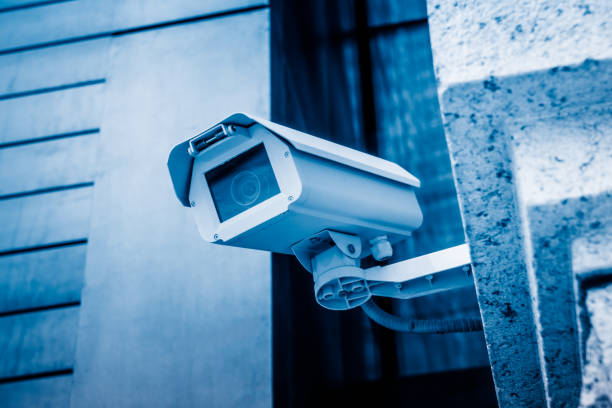
Security cameras play a crucial role in safeguarding our homes and businesses, providing us with an extra layer of security and peace of mind. In today’s increasingly uncertain world, where incidents of theft and vandalism are on the rise, having a reliable security camera system in place has never been more important. By investing in professional video surveillance services, including indoor cameras and wireless cameras, we can better protect our properties and assets from potential threats.
For residents in Palm Beach, Broward, and Miami-Dade counties in Florida, where crime rates have seen an uptick in recent years, the significance of security camera installation cannot be overstated. With the help of reputable companies like worldstarsecuritycameras, individuals and business owners can enhance their security measures and keep a watchful eye on their surroundings. By leveraging advanced technology and expert solutions, these security camera services offer a proactive approach to deterring criminal activities and ensuring a safe and secure environment for all.
Security cameras play a crucial role in safeguarding your property and assets, providing a watchful eye even when you are not physically present. In locations like Palm Beach, Broward, and Miami-Dade, where crime rates are on the rise, security camera installation is paramount. These cameras serve as a visible deterrent to potential intruders, enhancing the overall security of your premises.
Investing in professional video surveillance services, such as those offered by "worldstarsecuritycameras," ensures that your security needs are met with optimal efficiency and effectiveness. From discreet indoor cameras to versatile wireless cameras, having a comprehensive surveillance system in place is key to staying ahead of security threats and preventing incidents of theft or vandalism.
With the advancements in technology, security cameras have evolved to provide high-definition footage and real-time monitoring capabilities. By leveraging these innovative features, property owners can enjoy peace of mind knowing that their spaces are under constant surveillance, allowing for quick response to any suspicious activities.
Benefits of Professional Surveillance Services
Enhanced Security: Having professional surveillance services in place offers peace of mind by providing round-the-clock monitoring of your property. With advanced camera technology and remote access capabilities, you can keep an eye on your premises from anywhere, ensuring prompt action in case of any suspicious activity.
Crime Deterrence: The presence of visible security cameras acts as a powerful deterrent against potential intruders or vandals. Criminals are less likely to target properties with surveillance systems in place, knowing that their actions are being recorded and can be used as evidence for prosecution.
Improved Incident Resolution: In the unfortunate event of a security breach or incident, professional surveillance services play a crucial role in quickly identifying perpetrators and providing valuable footage for investigations. This can lead to swift resolution of cases and increase the likelihood of recovering stolen items or bringing offenders to justice.
Choosing the Right Security Camera Company
When considering a security camera company, it’s crucial to prioritize expertise and reliability. Worldstarsecuritycameras is a leading provider in Palm Beach/Broward/Miami-Dade, Florida, offering a range of professional video surveillance solutions tailored to your specific needs.
With crime rates on the rise in these areas, entrusting your security needs to a reputable company like Worldstarsecuritycameras ensures peace of mind. Their experience in installing indoor cameras and wireless cameras makes them a reliable choice for safeguarding your property and assets effectively.
By choosing Worldstarsecuritycameras, you can rest assured that your security concerns are in capable hands. Their commitment to quality service and customer satisfaction sets them apart in the competitive security camera industry.







